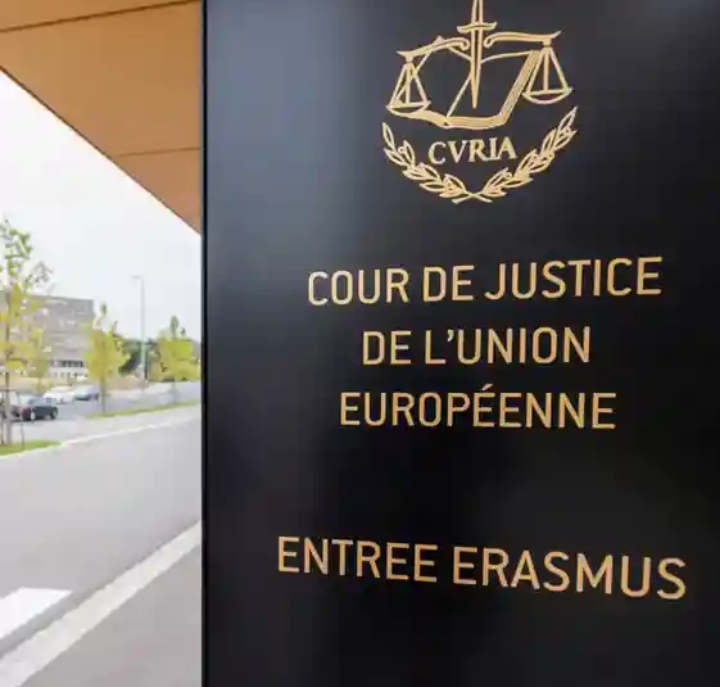The European Court of Justice has ordered Malta to end its "golden passport" program, ruling it violates EU law by allowing citizenship in exchange for investments. The program, which has faced criticism for fostering corruption and crime, has generated significant revenue for Malta. The ruling prevents other EU countries from adopting similar schemes.
EU's top court declares Malta's 'golden passport' scheme illegal


On Tuesday, the European Court of Justice (ECJ), the highest judicial authority in the European Union located in Luxembourg, ordered Malta to terminate its "golden passport" initiative, ruling that the program breaches EU law.
In a formal news release, the court emphasized, “A Member State cannot grant its nationality — and indeed European citizenship — in exchange for predetermined payments or investments.” It added that such an arrangement effectively turns the process of acquiring citizenship into a purely commercial transaction.
The controversial Maltese law, which expedites the naturalization of wealthy foreign nationals, has drawn consistent criticism from anti-corruption watchdogs and EU institutions. Critics argue that the scheme enables financial crimes and circumvention of international sanctions.
The European Commission previously filed a legal challenge against the 2020 amendment to Malta’s citizenship law. This amendment permits individuals who fulfill a list of financial criteria to apply for citizenship after residing in Malta for 12 months.
These financial requirements include purchasing real estate worth at least €700,000 (approximately $798,000) or paying an annual rental fee of no less than €16,000. Applicants must also make a significant financial contribution to the Maltese government and donate to a non-governmental organization.
According to the ECJ, Malta is now obligated to comply with the ruling immediately. Should Malta fail to act accordingly, the European Commission reserves the right to initiate additional legal proceedings that could result in financial penalties.
In response, the Maltese government issued a statement indicating that it would adhere to the court's decision while thoroughly examining the ruling's legal ramifications. The government defended its citizenship-by-investment program, highlighting that it has generated €1.4 billion (about $1.6 billion) in revenue since its inception in 2015.
Joseph Muscat, Malta’s former prime minister and the architect of the golden passport scheme, responded on Facebook by denouncing the court’s decision as “politically motivated.” He advocated for reforming the program instead of dismantling it entirely.
Malta is currently the only EU country still running a "golden passport" scheme. Other member states have discontinued similar initiatives following EU pressure. Cyprus abandoned its program in 2020, and Bulgaria’s parliament voted to end its version in 2022.
Maltese investigative journalist Matthew Caruana Galizia, a vocal critic of the scheme, welcomed the court’s decision, describing it as a “win for the people of Malta and for all EU residents who have been unfairly exposed to the whims of money launderers and corrupt criminals buying their way into the EU.” He is the son of Daphne Caruana Galizia, a journalist renowned for her anti-corruption work who was assassinated in a 2017 car bombing.
Transparency International also lauded the ECJ’s verdict. The organization’s lead expert, Maira Martini, stated, “Today’s judgement confirms that member states cannot commodify EU citizenship and operate reckless golden passport programmes... The ruling stops not only Malta from selling EU citizenship, but will also prevent other member states from doing the same.”
The ruling coincides with recent remarks by U.S. President Donald Trump, who has announced plans to introduce a “gold card” visa initiative. This proposed scheme would offer wealthy individuals a potential pathway to U.S. citizenship for a payment of $5 million.

 বাংলা
বাংলা  Spanish
Spanish  Arabic
Arabic  French
French  Chinese
Chinese 
